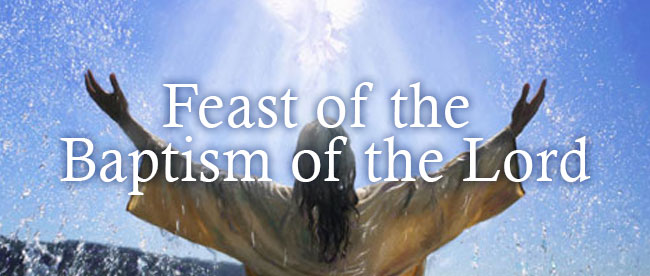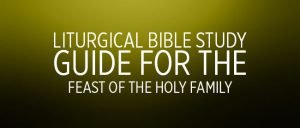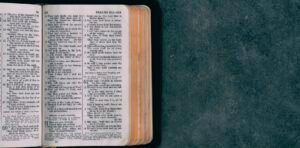Gospel – Matthew 3:13-17
The fact of Jesus’ baptism has been a christological and theological issue to be reckoned with almost since it happened. After all, why would Jesus, who was sinless, participate in a rite for sinners? Also, why would Jesus, the Messiah and clearly superior to John the Baptist, submit to the authority of John? In his gospel, Matthew addresses these issues.
1st Reading -Isaiah 42:1-4, 6-7
Our first reading this time is the first suffering servant song of Isaiah. The suffering
servant represents the finest qualities of Israel and her great leaders. In this first song, he is a “chosen one” like Moses (Psalm 106:23), David (Psalm 89:4), and all Israel (1 Chronicles 16:13; Isaiah 41:8); as the Servant, he fulfills the role of Davidic king (2 Samuel 3:18), Messianic king (Ezekiel 34:23-24), and prophet (Amos 3:3). His kingly prerogative is especially emphasized here. Not only is he set in contrast to the military tactics of Cyrus (29th Sunday in Ordinary Time, Cycle A), but he is commissioned to “bring forth justice”, a legal decision ratifying and executing the divine will. The Bible, except in rare cases (Judges 4:5; 1 Samuel 7:6; 3:20) reserved that power to kings, priests, and local magistrates. The servant however has another quality: he imparts teaching (Torah), a task never done by kings but only by prophets (Isaiah 8:16; Zechariah 7:12) and priests (Jeremiah 2:8; Ezekiel 7:26).
2nd Reading- Acts 10:34-38
Our second reading takes place at the home of Cornelius, the Roman centurion.
Cornelius was a proselyte of the type who, attracted by Judaism’s monotheistic beliefs and strict code of ethics, attended synagogue services and observed the 10 commandments but did not become full members of the Jewish community by circumcision and observance of the dietary restrictions. Cornelius was visited by an angel while he was at prayer and directed to summon Peter from Joppa. When Peter arrived and heard of the vision of Cornelius he instructed him in the story of the life, death, and messiahship of Jesus. At the end of the instruction the Holy Spirit fell upon Cornelius and all his household and conferred upon them the gift of tongues. Peter found this sufficient justification to baptize them, although they were Gentiles – the first Gentile converts. Today we hear some of Peter’s instruction to them prior to the coming of the Holy Spirit.





